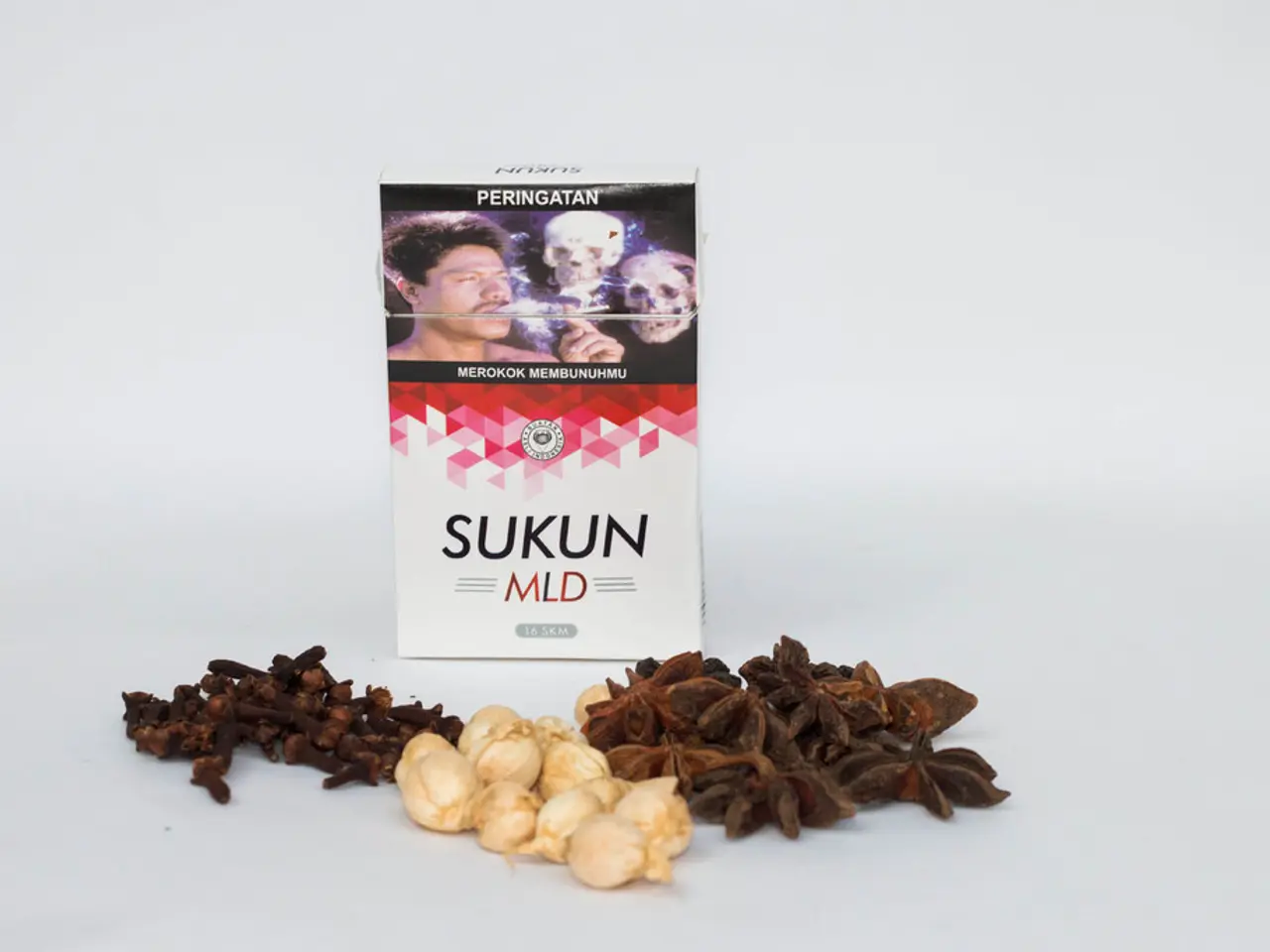Indoor Spice Plant Maintenance in Cold Seasons
Maintaining Indoor Spice Plants During Winter
To keep your indoor spice plants thriving through the colder months, it's essential to provide them with the right conditions. Here's a guide to help you care for your basil, coriander, parsley, thyme, oregano, and other herbs during winter.
Light
Ensure your spice plants receive at least 6 hours of natural light each day. If sunlight is insufficient, use fluorescent or LED grow lights to supplement. Rotate plants for even growth to prevent one side from receiving too much light. Position them near south-facing windows during winter for optimal light.
Humidity
Indoor heating often dries out the air, so it's crucial to maintain humidity levels between 50–70%. You can achieve this by using humidifiers or placing plants on pebble trays filled with water. Grouping plants together can also create a mini humid environment.
Watering
Water your indoor spice plants when the top inch of soil feels dry. Ensure pots have drainage holes to prevent excess moisture and root rot. Adjust the watering schedule as needed if the plants seem thirsty or the air is dry.
Feeding
Reduce fertilizing in winter as most herbs grow slower. Feed lightly with diluted balanced fertilizer if needed, every 4 to 6 weeks. Use a water-soluble fertilizer for winter feeding.
Temperature
Keep the indoor temperature stable, avoiding heaters, air conditioning, and cold drafts. Ideal temperatures are about 65–70°F (18–21°C) during the day and cooler (55–60°F/13–16°C) at night.
Other Tips
- Use a thick mat or tray to place pots on and keep the cold from seeping up from the floor.
- Heating mats can be placed under pots for extra warmth.
- Monitor soil moisture regularly to avoid overwatering.
- Keep indoor spice plants close to each other to maintain humidity and warmth.
- Turn indoor spice plants every few weeks for even light.
- Use room temperature water when watering in winter.
- Create a winter watering schedule to keep your indoor spice plants thriving.
By following this care routine, you can help your indoor spice plants overwinter healthily, preserving their flavor and vitality throughout the colder months.
To supplement your home-and-garden lifestyle during the winter, consider expanding your indoor garden to include not only herbs but also other plants such as flowers or vegetables, as they too require proper care. A well-tended home-and-garden, complete with thriving indoor plants, contributes to a relaxing and tranquil home-and-garden lifestyle, providing fresh produce and enhancing your living space.



